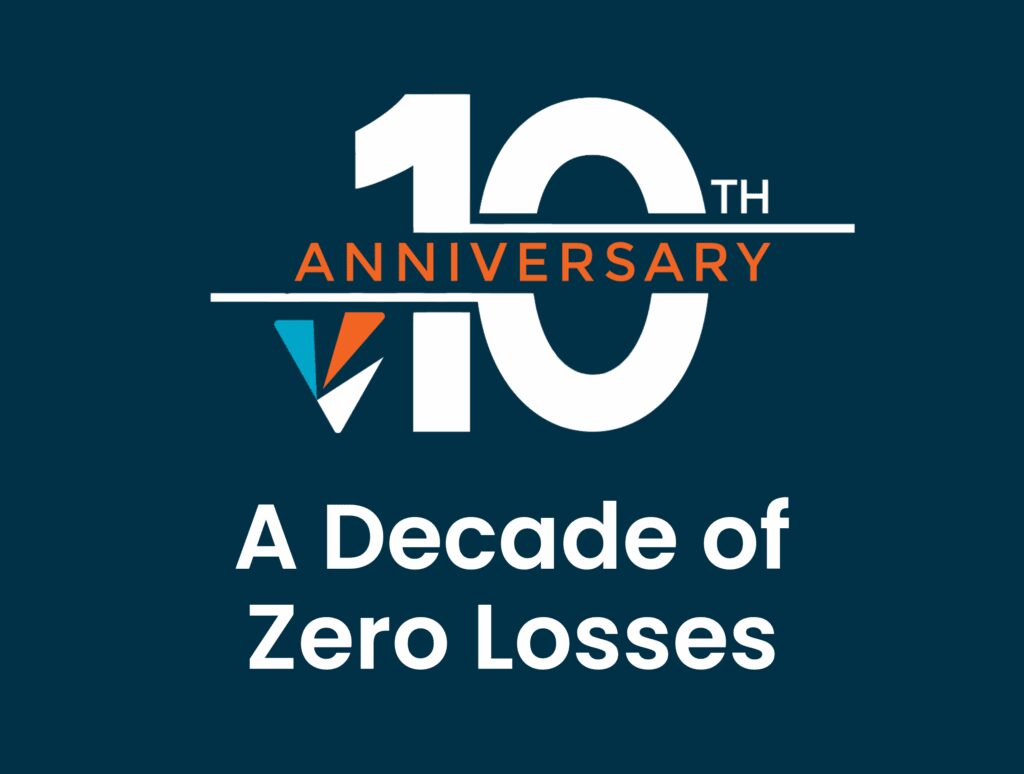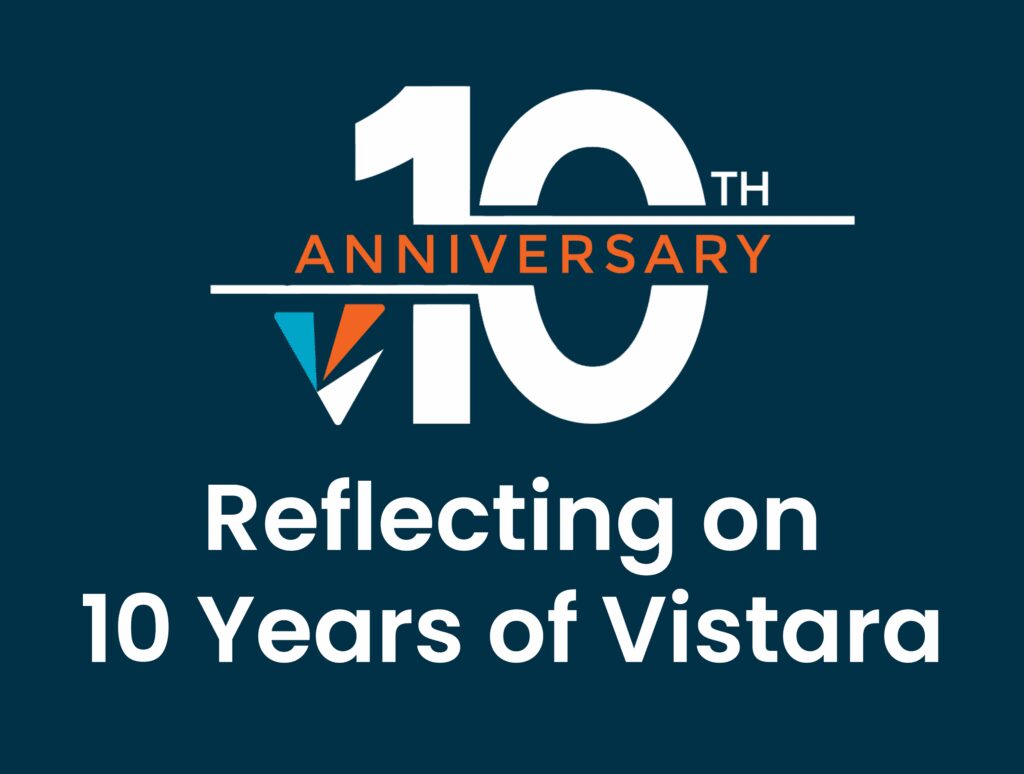
Kathleen Kaulins, Vistara’s health care technology expert, shares her observations on dramatic shifts happening in the healthcare space during the year of COVID-19.
How COVID-19 Changed HealthCare
COVID-19 has drastically altered how patients access and consume their healthcare. As a result, integrated digital experiences are now expected by patients, and these expectations will continue to persist after the pandemic passes. In fact, Forrester’s Healthcare Consumer Experience Study found that nearly a third of patients either changed or stopped going to their healthcare provider due to a poor digital experience. The heightened priority of creating a cohesive digital health experience and desire for greater transparency within the healthcare industry has led to innovation across the full spectrum of the patient journey and care delivery models. Evidence of this can be found in a few key areas:
Consumerization of Healthcare
Just as consumers have broadly come to expect personalization, immediacy, and consistency across their consumption of goods and services, patients now expect these same experiences in healthcare. A recent study found that 51% of patients ranked convenience and access to care as the most important factors when making healthcare decisions (compared to 35% prioritizing quality of care). As a result, Vistara believes companies that have patient-centered technologies that improve the convenience, speed, and transparency of care are well positioned to meet the expectations of increasingly empowered patients.
Example: Telehealth
The largest impediment to telehealth’s historical traction was a lack of patient adoption. Due to the COVID-19 pandemic that included stay-at-home orders and social distancing that restricted in-office visits, many patients were forced to use virtual media to consume their care. Forward thinking companies like 98point6 enable patients to access primary care on their own schedule from their mobile phone 24/7. Using artificial intelligence to triage patients and then connect them virtually with the best matched doctor, the platform ensures the same quality of care patients expect from in-person visits. As a result of these improved technologies, more convenient access, and a lower cost of care, it is likely that telehealth remains a staple of post-pandemic patient care.
Infrastructure & Operations
It is clear that operating and managing healthcare practices has becoming increasingly complex. For example, in spite of hiring staff to assist with administrative workflows, doctors still spend two hours on paperwork for every hour of patient care. As a result, there have been a growing number of tools and software offerings intended to help both providers and payers ease their clerical and administrative burdens. Vistara believes companies that can address a number of these current pain points (e.g. scheduling, insurance verification, payments, etc.) are well positioned to be platform plays as disparate tool offerings are likely consolidated over time.
Example: Electronic Health Records
Electronic health records (EHR) have been at the core of the patient experience since their inception and serve as the conduit for storing and exchanging health data electronically. As a result, they are rarely replaced despite the fact that many offerings are outdated and unable to meet the current needs of providers and patients. Innovative providers such as DrChrono have not only built mobile-first, cloud based EHR offerings, but have also integrated additional functionality related to practice management, medical billing, and revenue cycle management. Companies that have roots in EHRs are poised to be effective platforms upon which additional functionality can be added given their ability to easily integrate with a patient’s existing healthcare data and uniquely provide a cohesive patient experience.
Data & Insights
As patients demand greater control over their own healthcare data, interoperability (the sharing of data across systems and from a variety of sources including hospitals, labs, pharmacies, and doctor offices) is required for true digitization of the patient experience. Additionally, healthcare organizations increasingly under pressure to drive efficiencies are turning to data to help increase productivity and cost savings across the board and are incorporating predictive insights into all facets of their businesses, clinical and non-clinical alike. As a result, access to data and the use of analytics is at the heart of all healthcare considerations.
Example: Payments
Medical billing is a painful and inefficient experience for all stakeholders. Specifically, patients don’t know what they are paying ahead of consuming services and close to 70% of hospital bills go uncollected, which in turn increases costs across the healthcare system. Companies like Cedar, are successfully leveraging data to provide a patient financial engagement platform that creates full revenue cycle visibility, resulting in a 30% increase in patient payments. Vistara believes that data and analytics companies that have direct ties to reimbursements are well positioned given the level of current frustration for patients, providers, and payers. Companies that can use data to solve these frustrations will have a tangible and outsized financial impact.
Integrated Patient Experience is Here to Stay
COVID-19 has forced patients and practitioners alike to adopt new technologies and embrace virtual care experiences. As a result, healthcare organizations now realize that the digitalization of the patient experience is in fact here to stay. Simply offering select digital touchpoints is insufficient, and they instead must provide an integrated patient experience. As digital engagement strategies are no longer seen as a “nice to have,” a number of innovative companies are working to eliminate the fragmentation that currently exists between in-person and digital experiences. We expect this to serve as a catalyst for true digital transformation within healthcare.

About Kathleen
Prior to serving as Director, Investments, Kathleen spent time as an operator in the healthcare IT space. Most notably she helped lead the finance & strategy function at Zocdoc, a New York-based digital heath company. While at the company, she evaluated and executed various expansion efforts including Zocdoc’s rollout to 50 US states, transition to selling health system customers, go-to-market and monetization strategies for new products, and changes to the company’s pricing model. Kathleen has a deep understanding of healthcare platforms and looks forward to connecting with innovative companies seeking growth capital to tackle pain points for patients, providers, and payers.
Looking for Debt or Equity Funding?
Read our case studies to learn how our flexible and tailored growth capital solutions have helped our portfolio companies.











